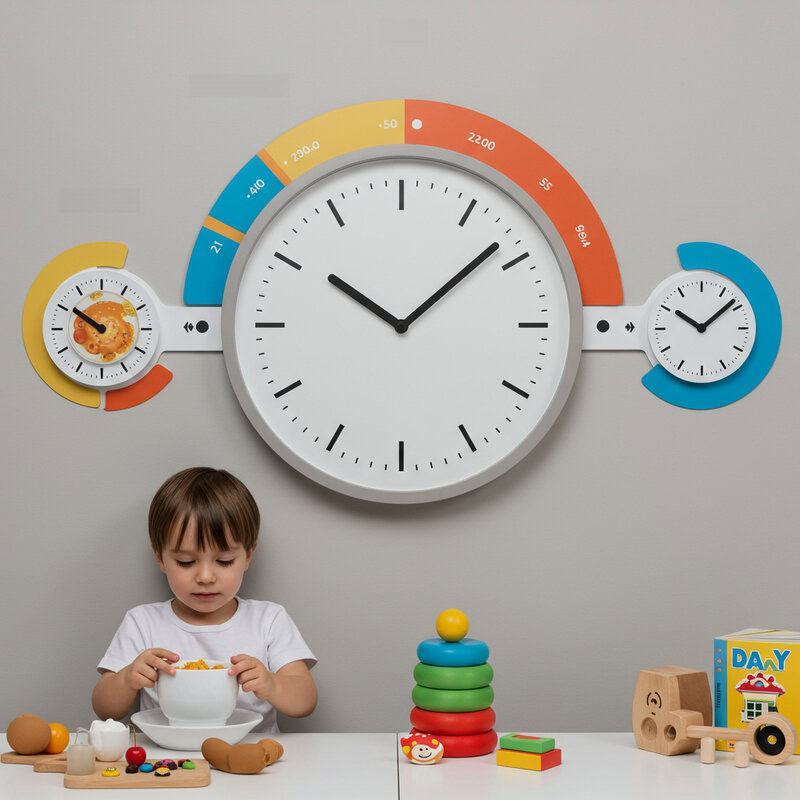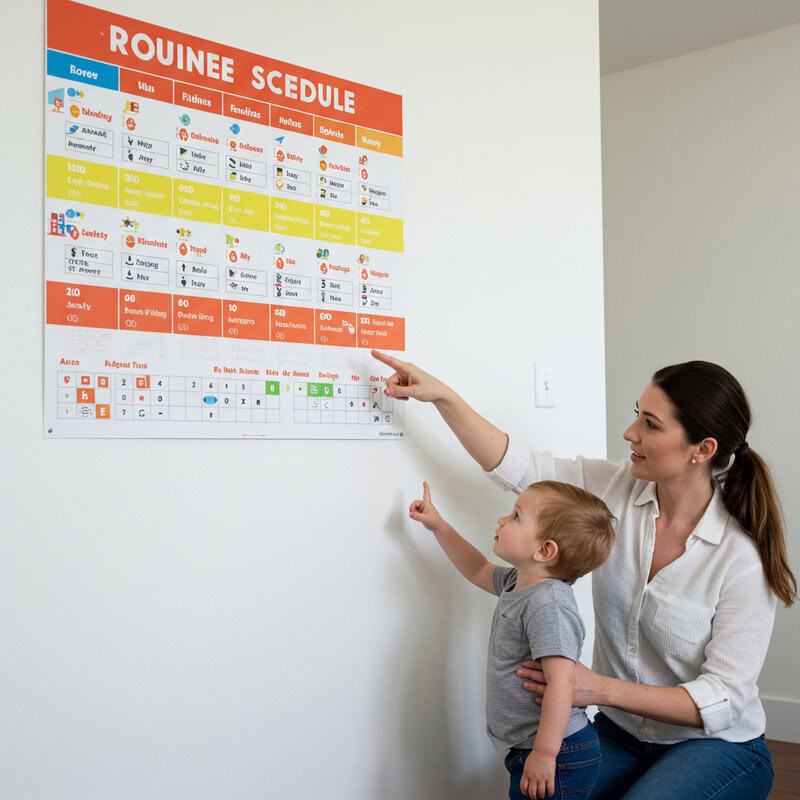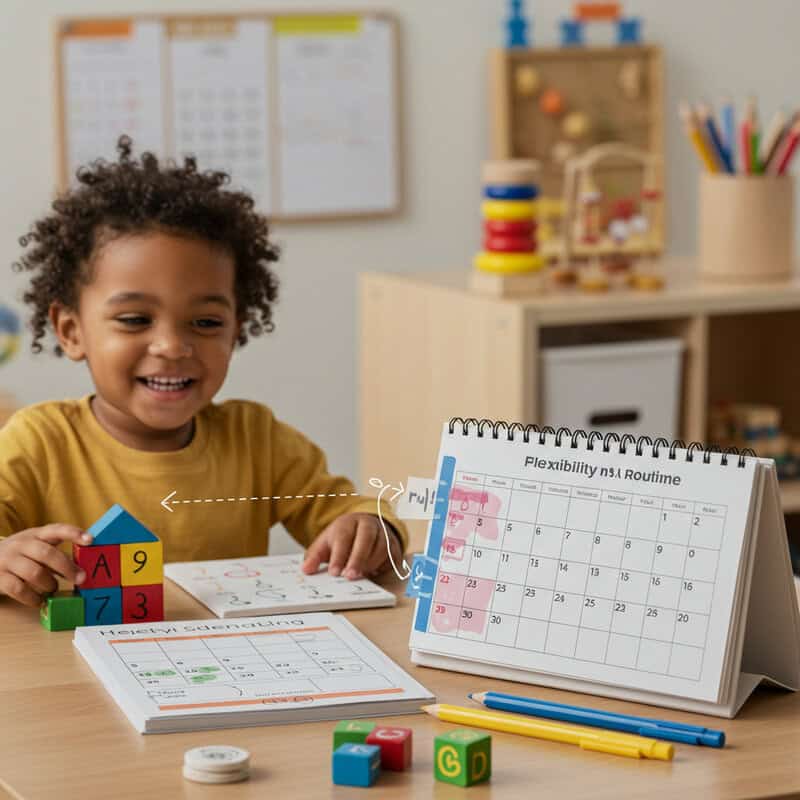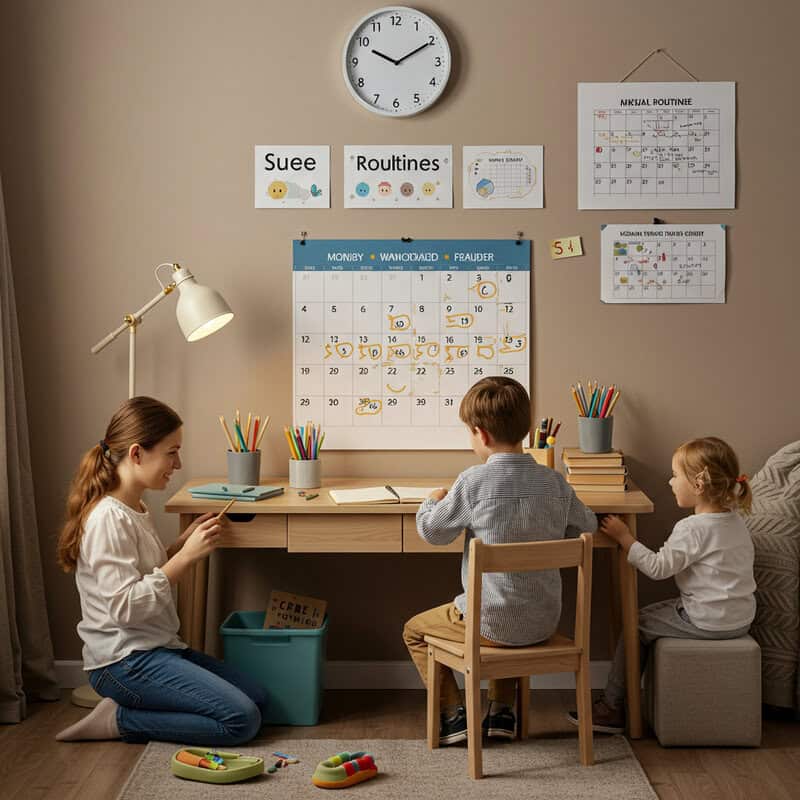Many parents notice that without clear structure, children can become anxious, defiant, or overwhelmed by daily life. Establishing predictable routines not only addresses these challenges but also provides children with a reliable framework that fosters emotional stability and security.
Research shows that routines help children manage stress and adapt to new situations more confidently. This guide will explore how routines nurture a sense of safety, support healthy development, and offer practical tips for families seeking to create a more harmonious home environment.








